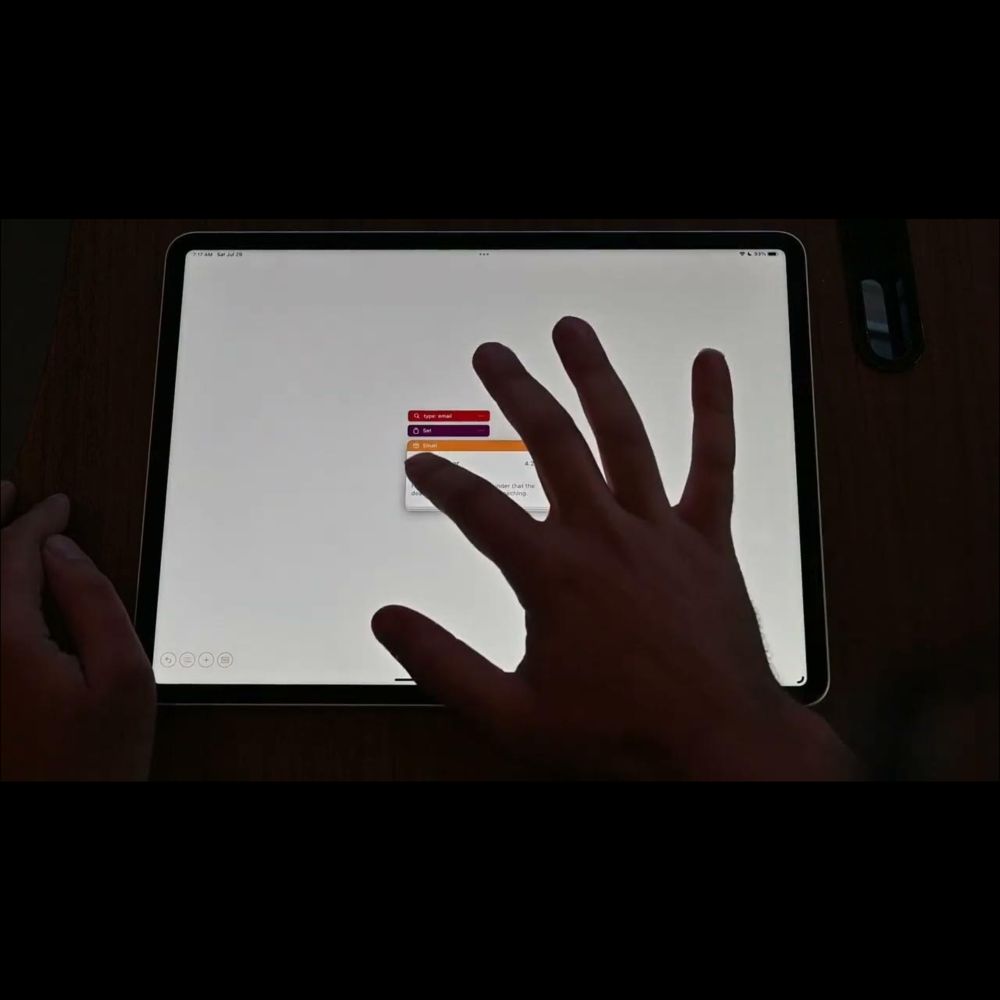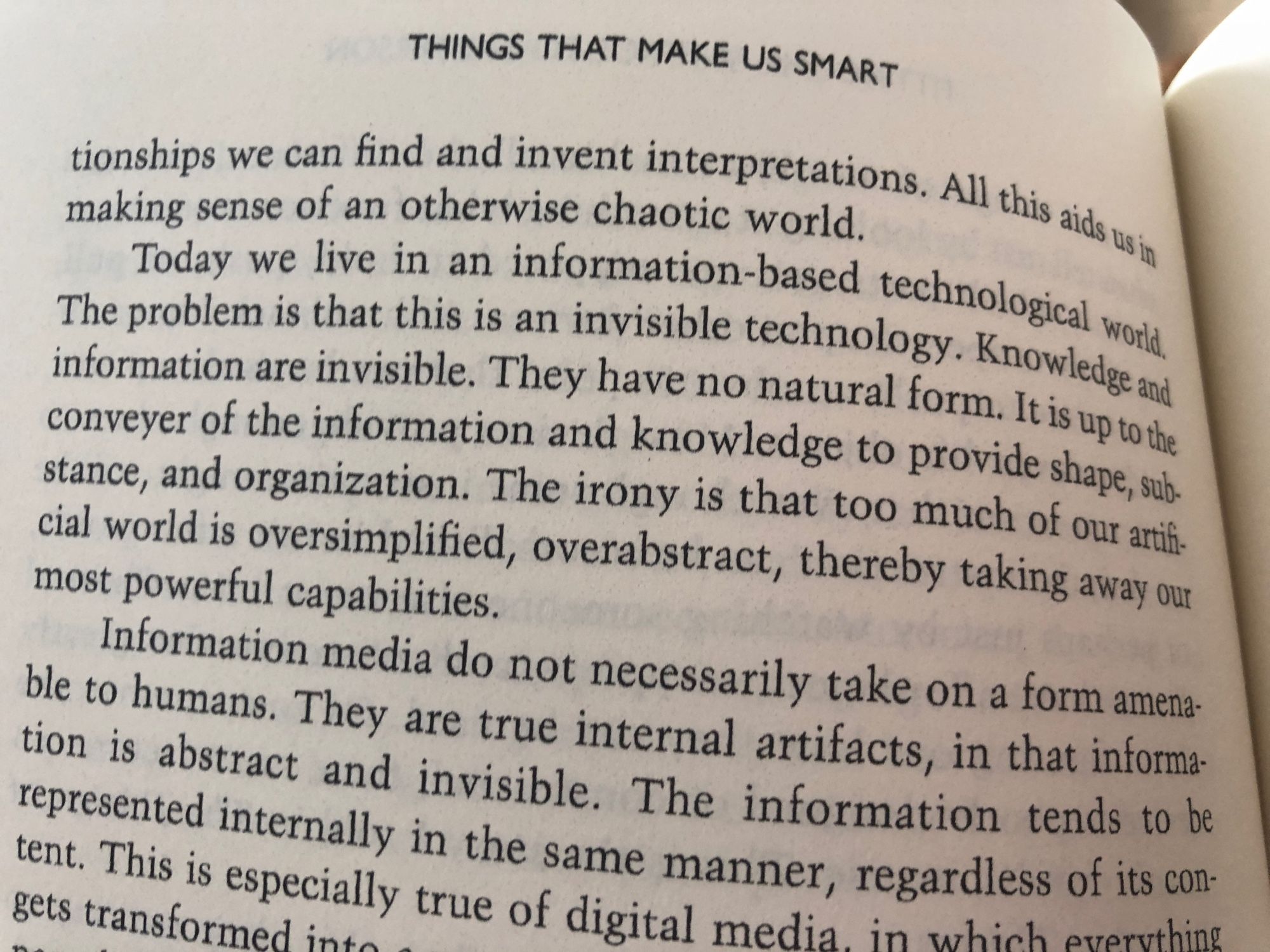An early demo from one of my lines of experimentation. It asks "what if we could nudge our interfaces into the shapes we want gesturally?" youtu.be/GNkLrKHVY0I

For more, see LN 037: https://alexanderobenauer.com/labnotes/037/
You can imagine how the pieces might work in other types of interfaces. We started with a spatial canvas that hosted computational elements. More on this in a lab note soon The essay is out now; it’s a thorough read discussing what we did and why. Enjoy. www.inkandswitch.com/embark/
Embark proposes one such way: separate the data, functions, and interfaces users need. Then let users recombine these pieces for their own needs and context. Embark puts these pieces into an outliner, which has familiar mechanics for grouping, hiding, etc.
This year, I worked with Ink & Switch on a project that asks important questions about the future of the OS. The user environments of today’s operating systems are over-abstract and overwrought, as Don Norman pointed out 30 years ago. But how would you reorganize personal computing?
Update: Making great progress on this; will be in testing soon. Working on documentation (which will run in-system as an app itself, with your live items populating in the docs' code examples!), and getting the API polished.
"Too much of our artificial world is oversimplified, overabstract, thereby taking away our most powerful capabilities." This point is key: the abstractions we have in computing today are not just wrong, they're too abstract (too higher-level?), and they can't handle complexity.

So I've been building it to include some creature comforts, and to make it easy for folks to introduce 1) other providers, and 2) their own "app"-like interfaces which they can load up on demand. It's a fair bit of work, so stay tuned!
...an "itemized playground" — just the scaffold of providers + item store — for other developers to have, in which they can create their own ideal personal software. It'd be an interesting experiment to see what's possible when people have access to an itemized environment.
Most of my demos work on top of one "item store" which has all of my things in it: emails, calendar events, to-dos, read later links, etc. etc. I've built a series of providers which bring external data into the item store. A few years ago it occurred to me: I could build...
Posting the next lab note a little early, so I can reference it from another project. Some notes from an exercise exploring time, and the personal computer of the future's understanding of it. alexanderobenauer.com/labnotes/039/